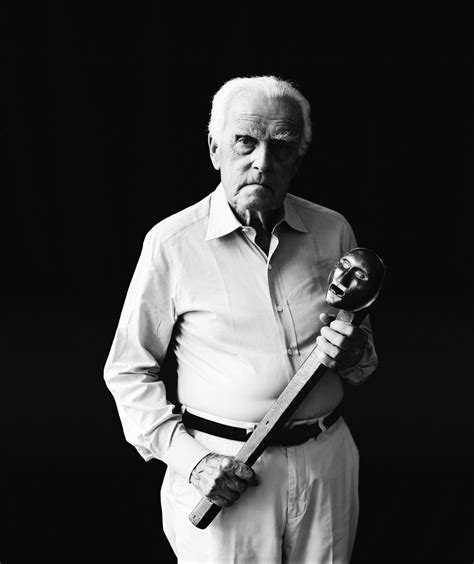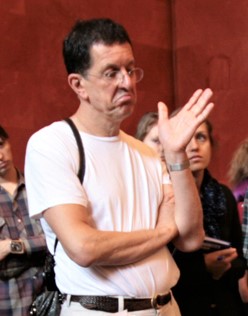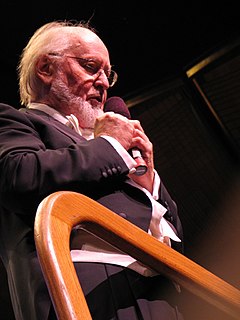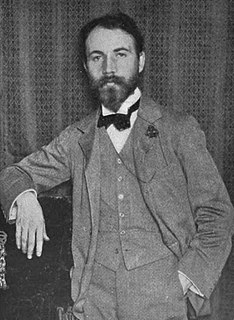A Quote by Walter Gropius
The ultimate, if distant, aim of the Bauhaus is the unified work of art - the great structure - in which there is no distinction between monumental and decorative art.
Quote Topics
Related Quotes
Art is a spiritual function of man, which aims at freeing him from life's chaos. Art is free in the use of its means in any way it likes, but is bound to its laws and to its laws alone. The minute it becomes art, it becomes much more sublime than a class distinction between proletariat and bourgeoisie.
I never understood the low art/high art distinction. I think there's real currency in pop culture. We read trashy magazines as much as the next person. So I never saw the point in listening to only one thing. That low art/high art distinction comes from the establishment telling me how I'm supposed to think.
The art is more important than the artist. The work is more important than the person who does it. You must be prepared to sacrifice all the you could possibly have, be, or do; you must be willing to go all the way for your art. If it is a question between choosing between your life and a work of art -- any work of art -- your decision is made for you.
In most modern instances, interpretation amounts to the philistine refusal to leave the work of art alone. Real art has the capacity to make us nervous. By reducing the work of art to its content and then interpreting that, one tames the work of art. Interpretation makes art manageable, conformable.







































